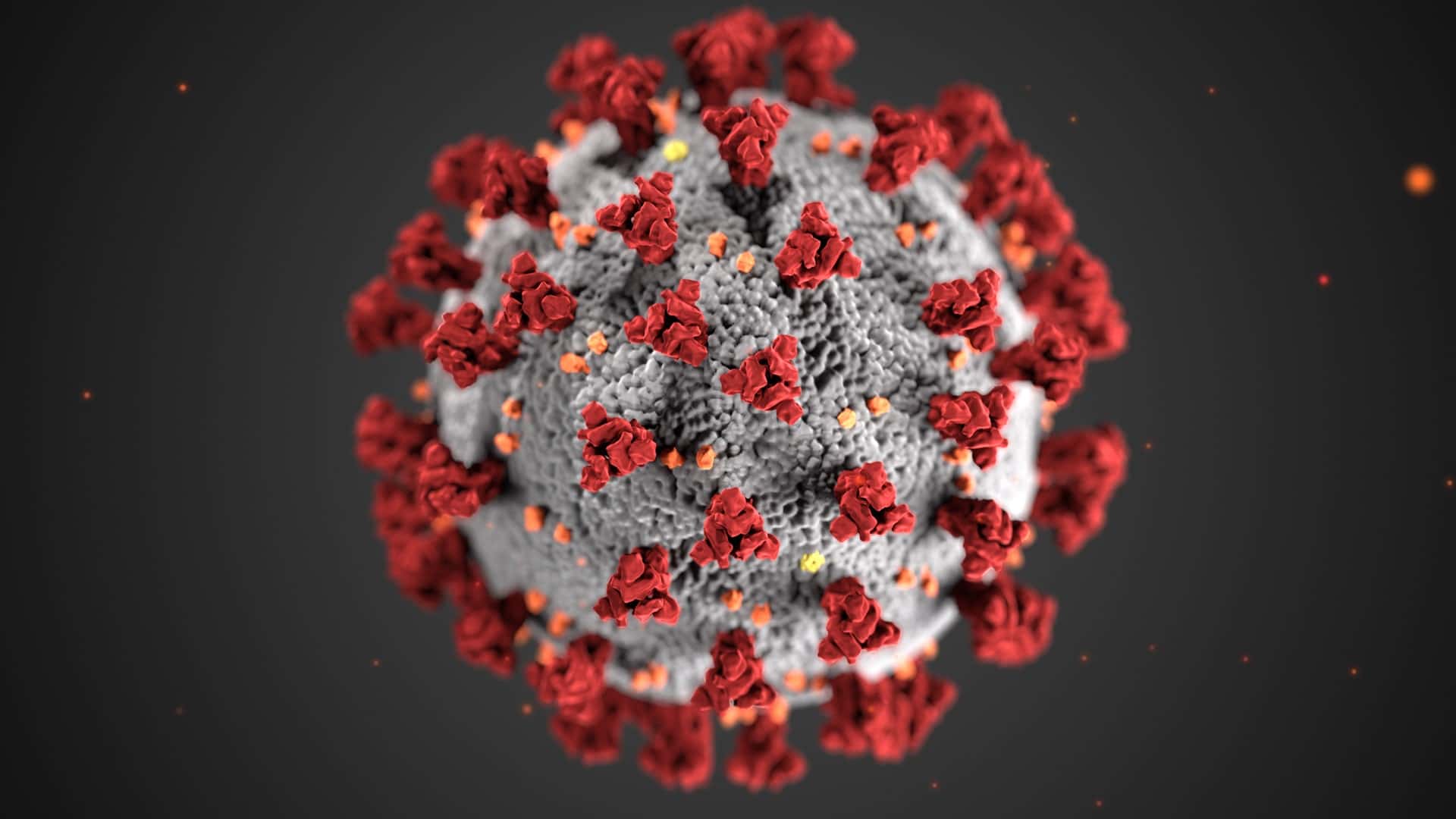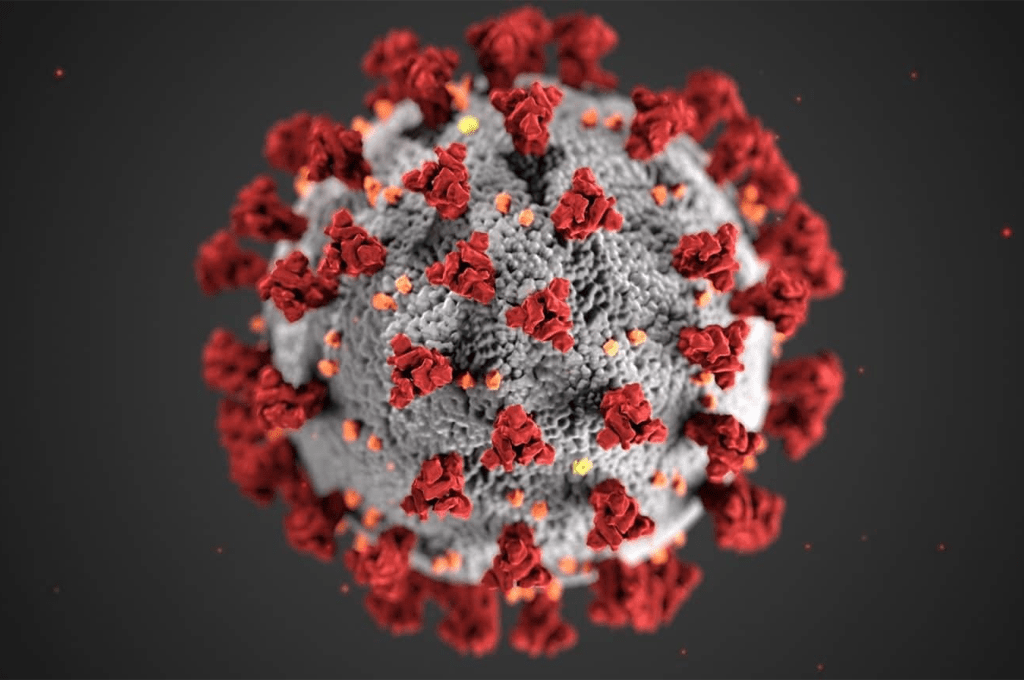T cells from previous infection or vaccination, catches Omicron when antibodies fail
According to a new study from Karolinska Institutet, the Omicron variant of the SARS-CoV2 virus only partly has the ability to evade immune responses induced by vaccination or previous infections by earlier variants. It turns out that T cells can still recognize the Omicron spike proteins even if the antibodies can not. The study is part of the Knut and Alice Wallenberg Foundation and SciLifeLab’s national COVID-19 Research Program.
The latest COVID-19 Variant of Concern (VOC), Omicron, has rapidly become the dominant variant globally. Data also indicates that Omicron is not only more contagious than previous variants but also possesses the ability to, at least partly, evade the first immune response, neutralising antibodies. Individuals that have previously been infected with earlier COVID-19 variants or who are vaccinated seem protected from serious disease, however.
This led a group of researchers, from Karolinska Institutet, to investigate if other parts of our immune system could play an important role in this partial protection. Their result, published in Nature Medicine, showed that T Cells assembled during earlier infections or mRNA vaccination, could recognize and respond to the Omicron variant.
“Along with viral factors, such as a lower level of viral replication in the lower airways, and other immune components, these results give us a clearer picture that may explain why the protection against severe omicron disease remains good in previously mRNA-vaccinated individuals,” says last author, Marcus Buggert, in a press release from Karolinska Institutet.
The study was a collaboration with the Karolinska University Hospital, who provided the researchers with blood samples from 40 vaccinated individuals, 48 individuals who had had a mild or severe SARS-CoV-2 infection, and 48 individuals who had previously been neither vaccinated nor infected. The samples from the previously infected individuals were collected in the spring of 2020, nine month after confirmed infection and from the vaccinated individuals, six months after their second vaccine dose, which was before Omicron emerged.
Memory T cells displayed a good ability to recognize the Omicron spike protein in both the previously infected group and the vaccinated group. Interestingly, the best response was found in the vaccinated group.
“These results suggest that booster immunisation may provide benefits that extend beyond the induction of neutralising antibodies to enhance protection against recurrent episodes of severe COVID-19,” says Marcus Buggert.
The study also showed that some individuals from the two groups did not respond well at all, however. The researchers will now continue to investigate why this is the case and if a third vaccine dose might trigger a sufficient memory T cell response.
“We now want to understand why the response differs from one individual to the next and if a third vaccine dose can augment the T cell response to omicron even more,” he says.





